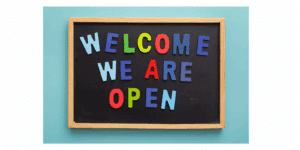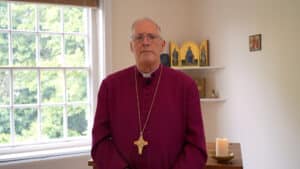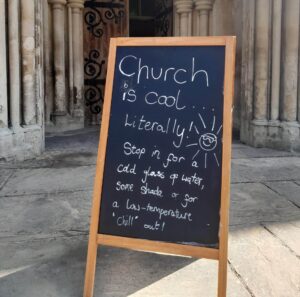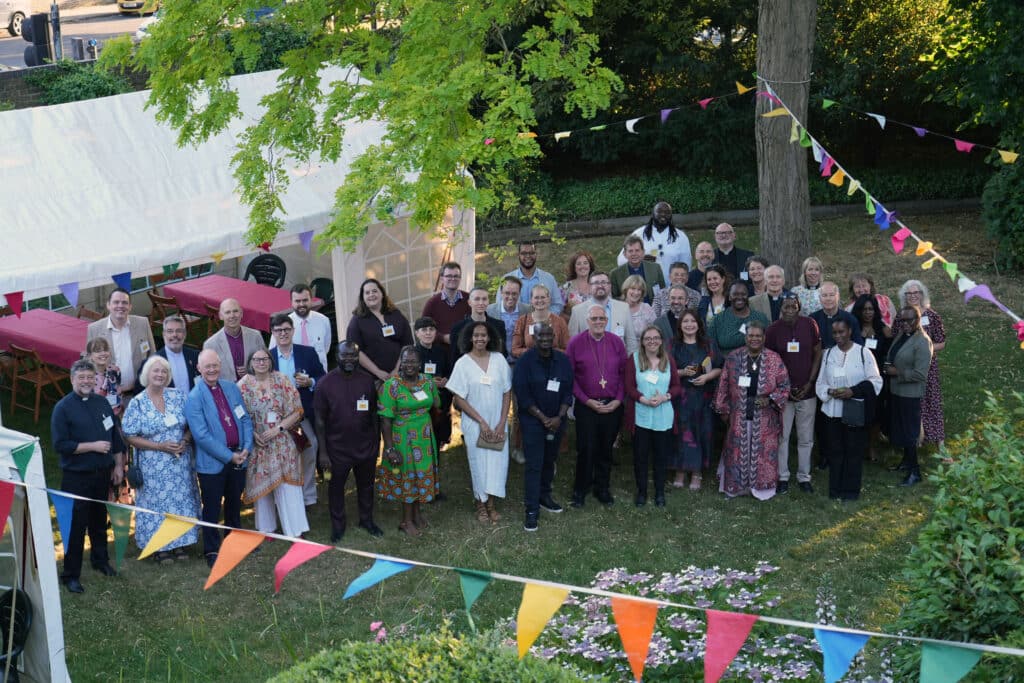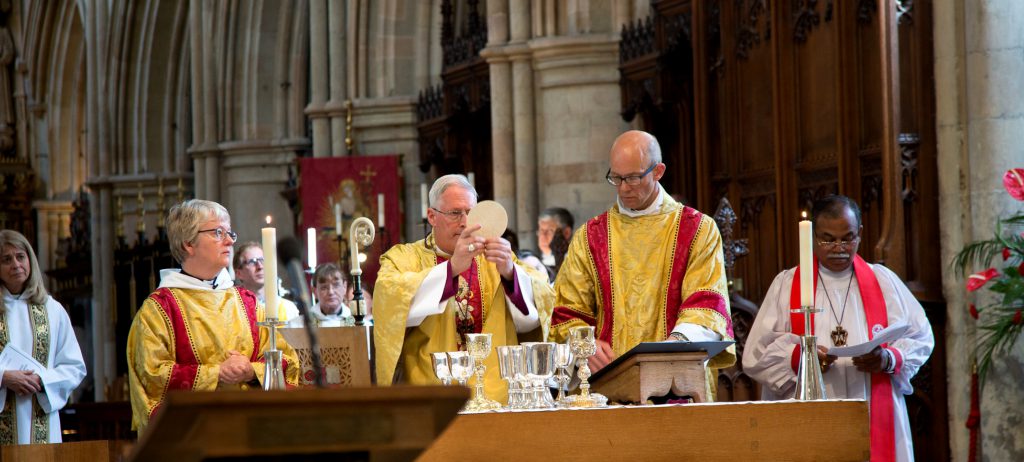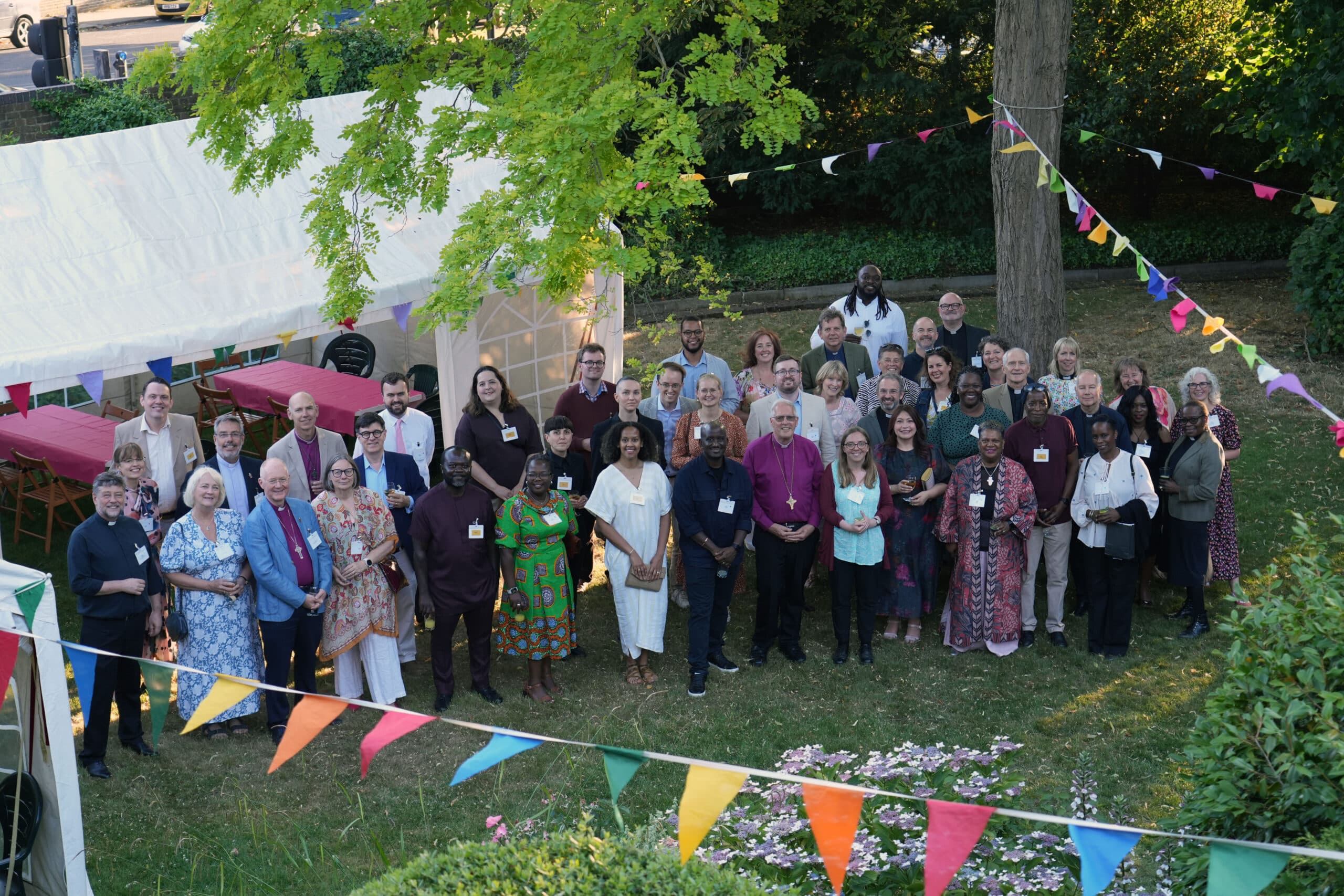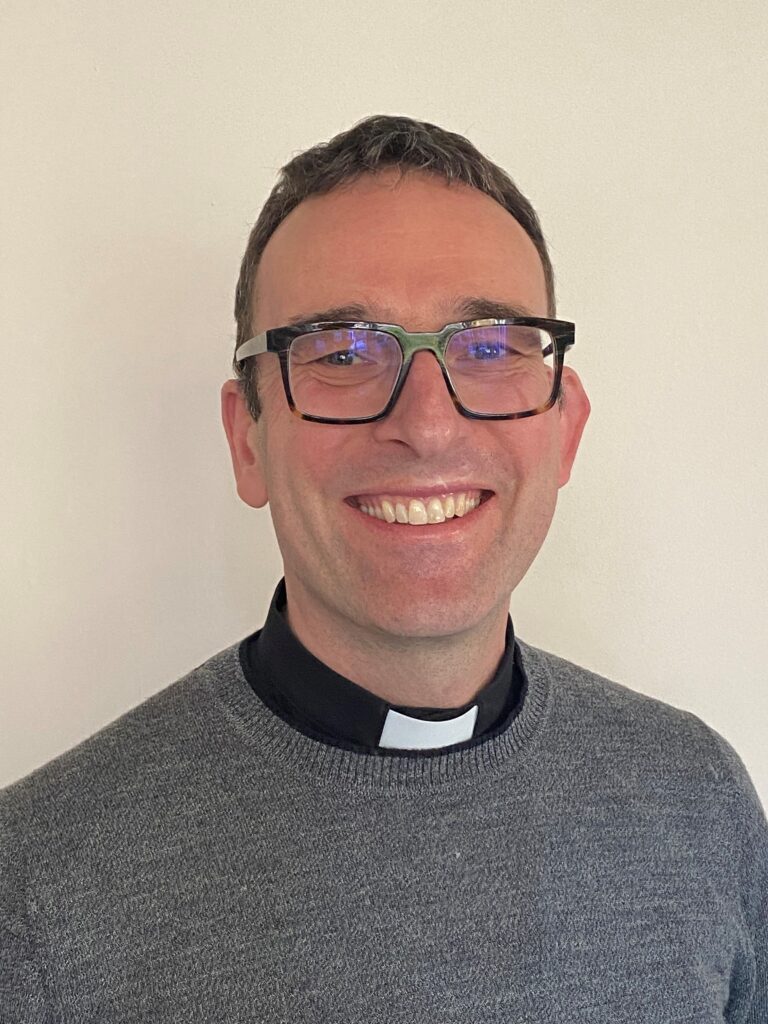
400 tickets have been booked for our Service of Thanksgiving on Sunday 7 May. There will be an additional 120 in the choir (boosted by singers from local schools). And we’ll be welcoming the new Bishop of Kingston for the first time. Before the service there will be a Fete in the churchyard with children making crowns and taking selfies on a large throne. There’ll be a Parade that involves the local town crier, some street theatre, and a Tamil dance group. And over 170 local residents have signed up to join a junk percussion Samba band.
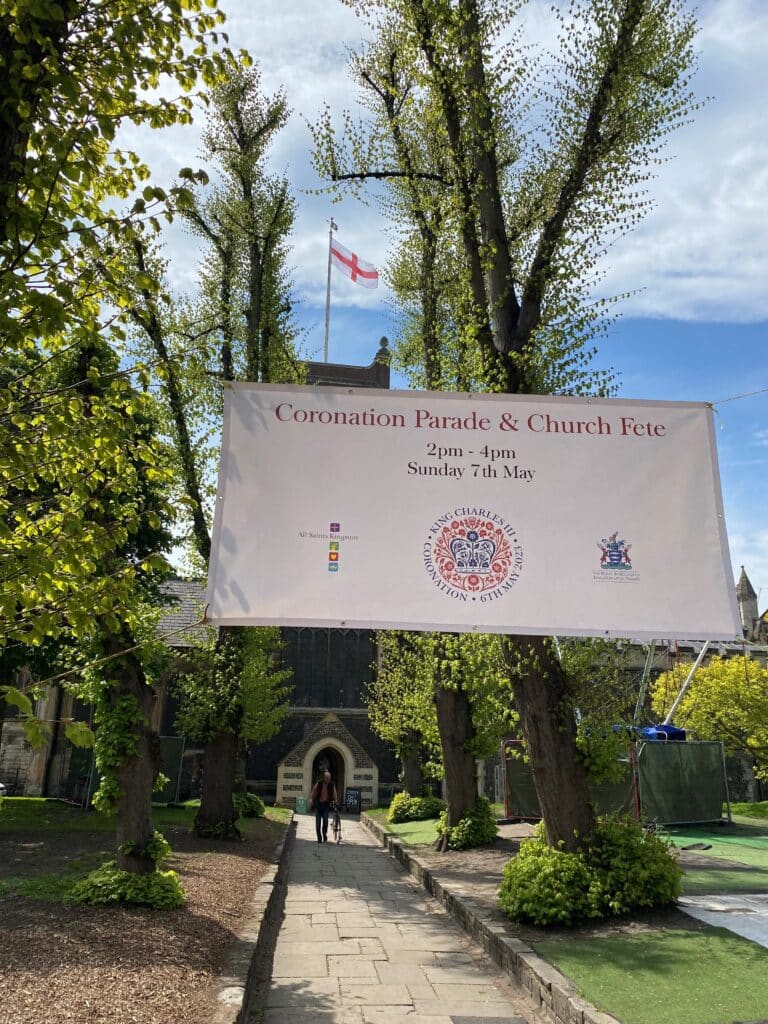
So why is this all happening? It may come as a surprise to discover that Kingston played host to coronations long before Westminster.
It surprised me when I first found out, even though I’d been living close by for a number of years. And I suspect it remains something of a well-kept secret even to some of our long-term residents.
Truth be told, it may have surprised many an Anglo-Saxon when these coronations actually took place back in the tenth century. For Kingston wasn’t a major settlement in those days, or a center of power, like Winchester or London. It wasn’t the obvious choice for crowning a king. So why here?
Most historians think the answer lies in its position on the border between the ancient kingdoms of Wessex, to the South of the Thames, and Mercia, to the North. The site on which this church is built would, back then, have been an island in the middle of the Thames. So, for a dynasty that wanted to merge the kingdoms of Wessex and Mercia it couldn’t be better placed. The symbolism was all about bringing the two kingdoms together. And under Athelstan, crowned in 925, the northern and eastern regions of England were added to the effect that there was a united Kingdom of England for the first time. Hence, we like to claim that this is where England began!
Now that’s quite an audacious claim and I’m not sure I’d want to defend it in a debate with historians. But what I do want to assert is that Kingston has played a significant role in bringing people together. This was true for those early coronations – and it remains true for us now. Kingston is a lively centre for retail, business, enterprise, learning, and leisure, bringing people together from far and wide. And the ancient church of All Saints is at the very heart of the town, open seven days a week, ensuring that there is a place of welcome and sanctuary for everyone. So we think of ourselves as having a vocation for bringing people together. And we’ll be doing just that during our coronation celebrations as described in my introduction. The service of thanksgiving will culminate with prayers for unity offered by different faith leaders from across the Borough.
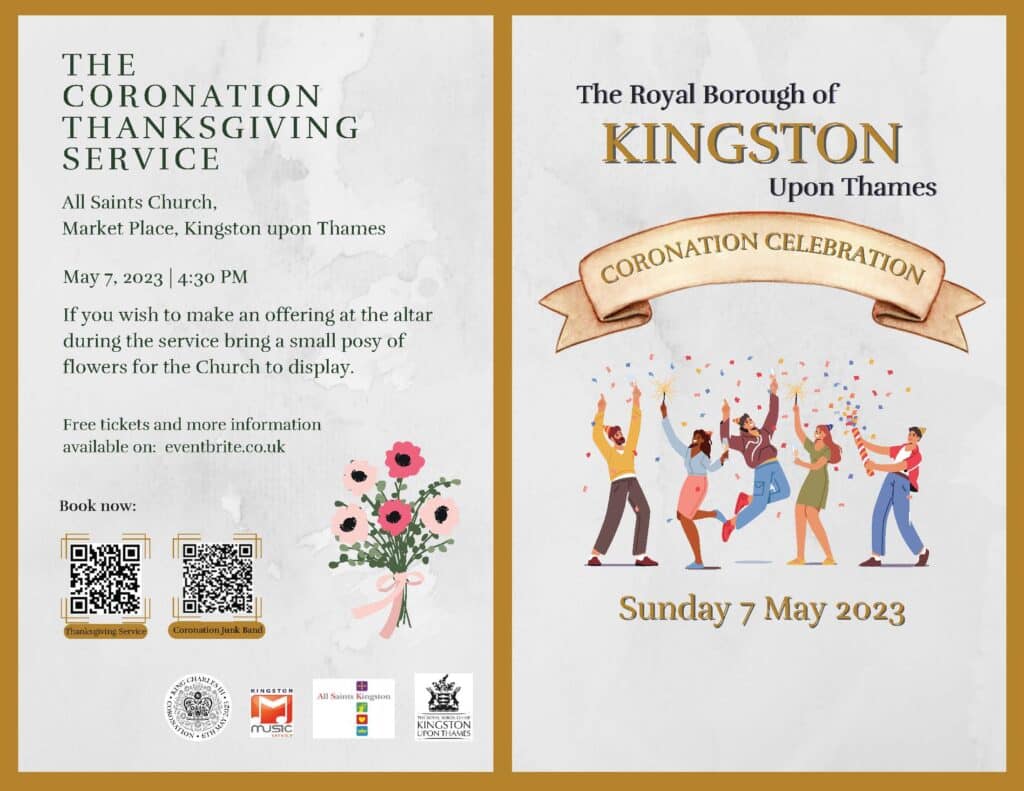
But of course, a vocation to bring people together is not unique to Kingston. It’s a vocation that is central to every Christian community and in particular to every parish church. I know that the Archbishops have been encouraging every parish to get involved in their local coronation celebrations. And I’m sure that many will be even more imaginative in their festivities than we have been.
What, then, is the reason behind this shared vocation? It surely has something to do with following the one we know as The Good Shepherd. A good shepherd is constantly at pains to keep the flock together. Jesus was constantly at pains to gather people together, always reaching out to the lost, the lonely and the lame. And he associated this calling to be The Good Shepherd with his fundamental vocation: I came that they may have life and have it abundantly. Abundant life is only possible in community, in relationships, in friendship and fellowship with others. Jesus brings us together for that purpose – for the abundance of life in community.
We all have our part to play in bringing people together for the sake of an abundant life. And let’s pray for our soon-to-be-crowned King. For all his many official titles, he has no higher calling than to simply be our bringer-together-in-chief.





